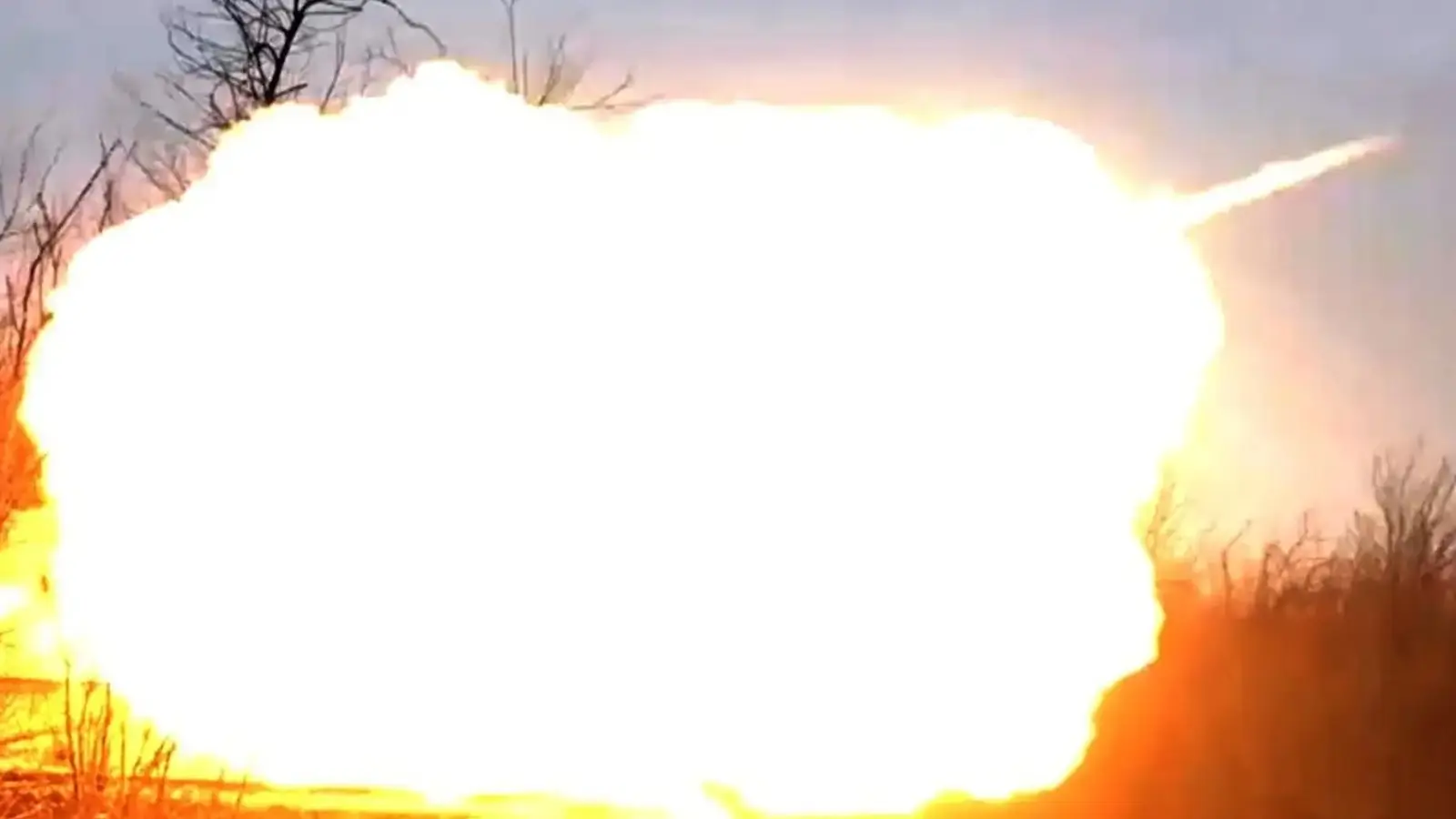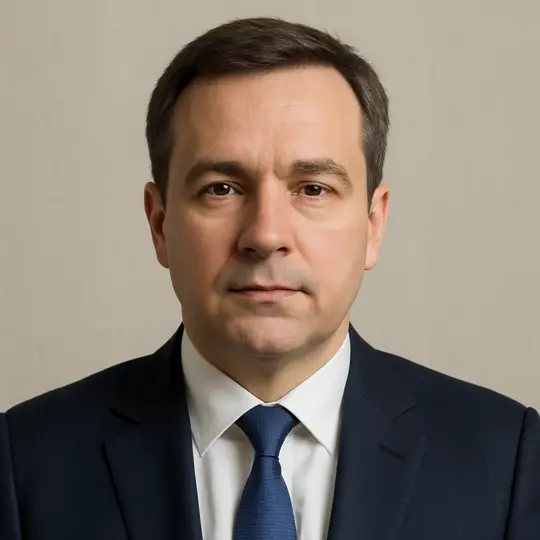Rising Global Tensions: Are We Nearing World War III?


Escalating tensions between the U.S., China, NATO, and Russia raise fears of World War III. Sohu outlines three flashpoints that could ignite global war.
As the conflict between Russia and the West rages on in Ukraine, geopolitical analysts warn that the threat of a broader global confrontation is far from limited to Eastern Europe. According to a recent report by Chinese outlet Sohu, several other flashpoints could spiral into full-scale war-each carrying the potential to ignite World War III.
One of the most volatile risks, the article suggests, lies in a possible clash between the United States and China. While Beijing has not declared direct hostility toward Western powers, Washington increasingly views China as a major strategic rival. This perception, paired with growing military and economic competition, is fueling a number of scenarios in which tensions could escalate into armed conflict.
The Korean Peninsula remains a particularly precarious region. Ongoing friction between North and South Korea-exacerbated by military drills and inflammatory rhetoric-could at any moment tip into war. Given its alliance with Seoul, the United States would be drawn in immediately. That, in turn, would directly involve China, which shares a border with North Korea and has long-standing ties with Pyongyang.
Another major potential flashpoint is Taiwan. Beijing maintains an uncompromising stance on its sovereignty over the island, while the U.S. has signaled readiness to intervene militarily should China initiate aggressive action. Any escalation here could lead to a direct military showdown between two of the world’s foremost powers.
Finally, the article notes the ongoing war in Ukraine as a third scenario with global implications. While currently a regional conflict, it increasingly resembles a proxy war between Russia and NATO. Should the alliance formally enter the battlefield, Sohu speculates that China could come to Moscow’s aid-further entrenching global divisions and raising the stakes to unprecedented levels.
In a world bristling with strategic rivalries and unresolved disputes, the authors conclude, the line between localized tension and global conflict is thinner than ever.